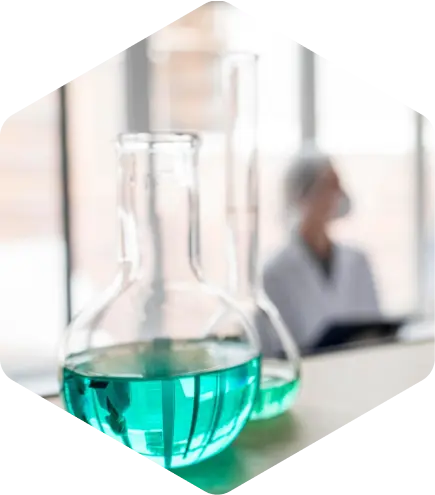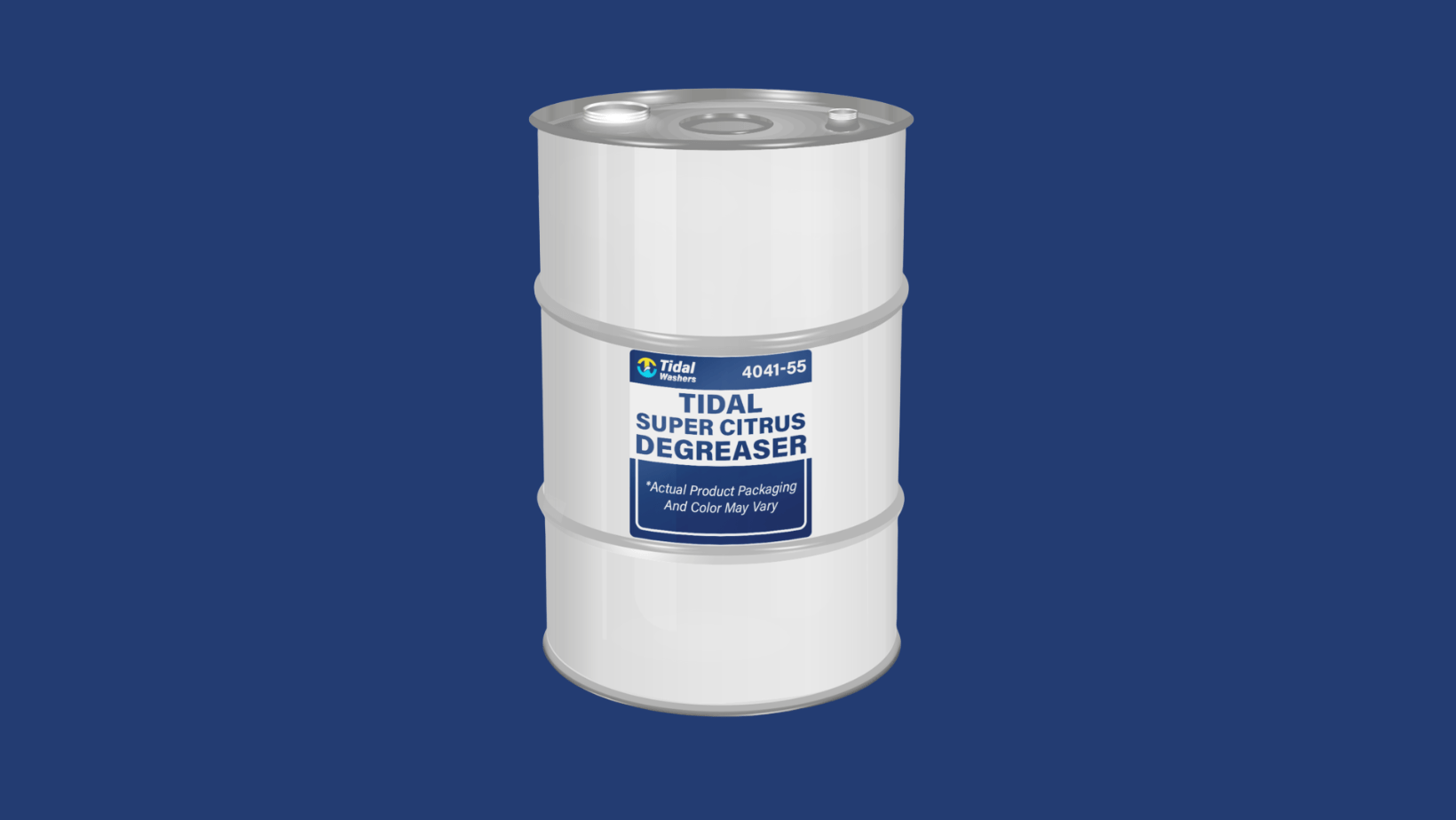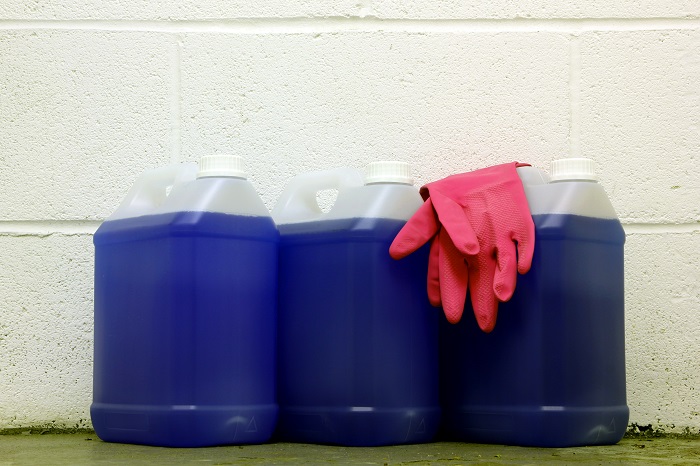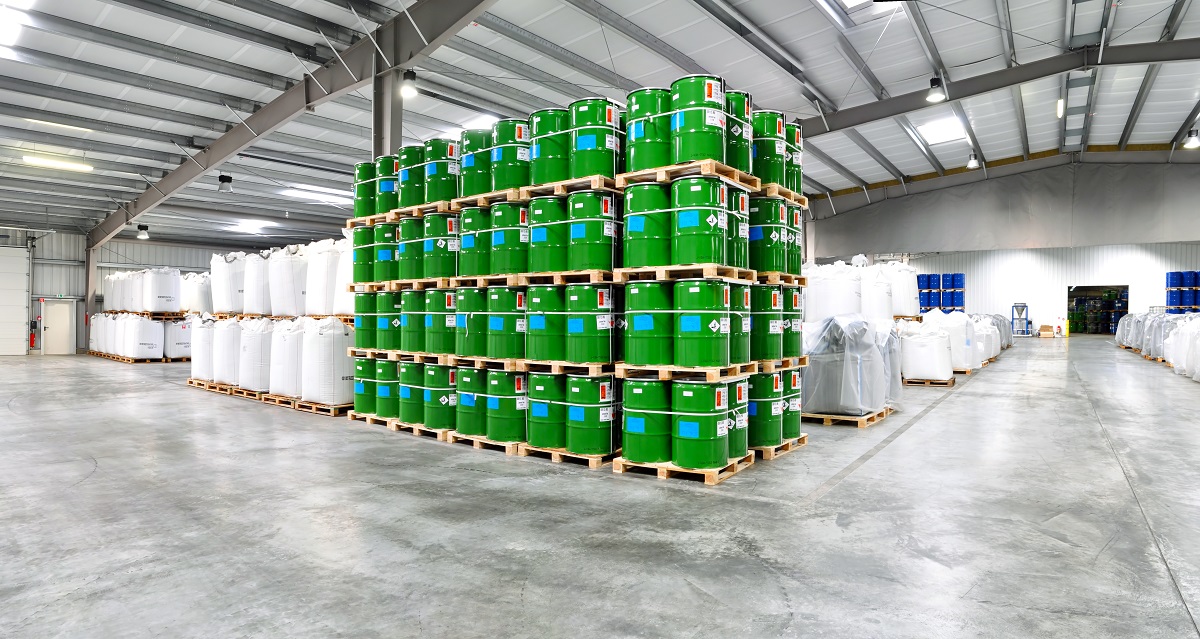In recent years, it has become increasingly important to prioritize environmentally preferred solutions and sustainable alternatives to modern...
Blog


CHEMICAL INDUSTRY NEWS
Chemical Chat – Discover What’s New!
What are the types of Water Treatment Plants?
There are several types of water treatment plants. The categories range from what type of water enters the plant to how the water is treated to the...
The Benefits of Tidal Super Citrus Degreaser
Tidal Super Citrus Degreaser is an industrial-grade cleaning solution whose main ingredients include citrus extract, methyl ester from soybean oil,...
How to Reduce Light Pollution & Achieve Dark Skies for All
In many urban areas, it’s normal to look up at night and not see a starry sky—and that isn’t a good thing. Excessive...
What are the types of Water Treatment Plants?
There are several types of water treatment plants. The categories range from what type of water enters the plant to...
Company News

Managed Services
Discover the Latest in Safe and Sustainable Chemical Solutions
Stay informed with Ecolink’s blog! Subscribe now
Chemical Management Information
Stay updated with us
Sign Up for the Latest Updates
Stay informed about chemical supply chain disruptions and emerging innovations to keep your business at the forefront of efficiency and innovation. Uncover new ways to make your business practices more sustainable by incorporating safer products into your cleaning lineup.


























